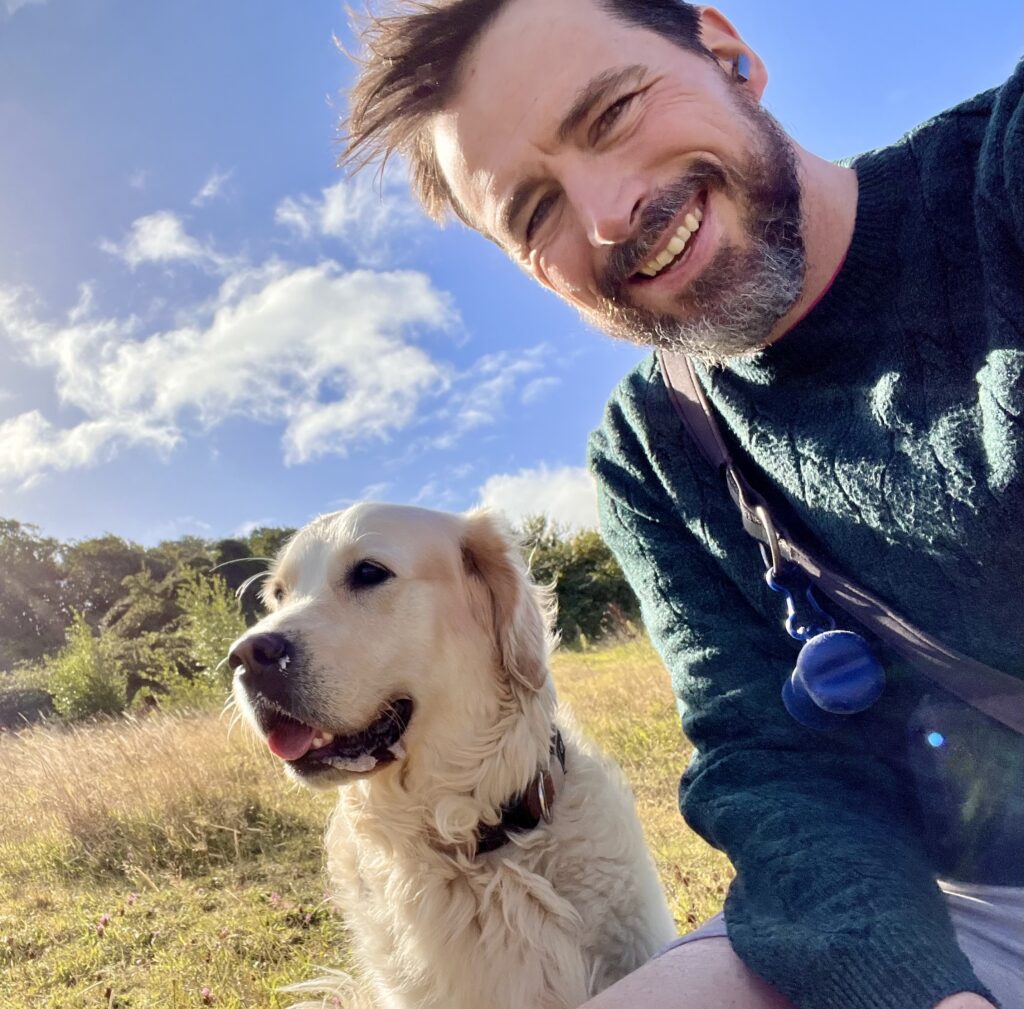Raising cash for charities can take a devastating toll - and more support must be given, finds new research
Fundraisers can – and often do – experience the same type of trauma as frontline charity workers, new research has shown.
A syndrome – known as secondary vicarious trauma – results from indirect exposure, such as through photographs and stories, to the real life factors that induce stress.
The finding comes in a new Rogare report – Caring too much: the burnout dilemma faced by fundraisers, and the emotional toll of a fundraising career – which showcases the work that Irish fundraiser Michelle Reynolds undertook as part of her master’s degree in integrative counselling and psychotherapy with Turning Point and University College Cork.
She identified four key drivers of stress and burnout among fundraisers:
- Fundraisers’ inherent empathy (a trait that is often identified as necessary for successful fundraising) opens the door to emotional strain, particularly through secondary vicarious trauma, as they seek to balance their own psychological wellbeing with that of their key stakeholders – beneficiaries and donors.
- Fundraisers regularly put others’ interests before their own, not just donors and beneficiaries, but also colleagues and their charity, often downplaying their own feelings as ‘nothing’ compared to the issues faced by beneficiaries or service delivery staff.
- Fundraisers feel under constant pressure to achieve more for less, and don’t feel they have room to say ‘no’ when asked to do more work, raise more money, or go the extra mile – partly because they are not deemed to be burdened with the stresses of providing direct care – and will actually volunteer to do this extra work.
- There’s a sense of idealisation of fundraisers, an assumption that fundraisers can – and should – be able to ‘deliver the impossible’; yet they simultaneously experience isolation and invisibility, often feeling unseen, unheard and unsupported at and by their organisations.
Michelle Reynolds (pictured below) said: “Many fundraisers are so committed to their organisation’s mission that the intensity of work feels worth it. But this extra effort often comes at the expense of fundraisers’ mental health and wellbeing.

“Charities need to do more to support their fundraisers. While fundraisers often put themselves forward to do more, it is impossible to ignore the concomitant cultural expectation and pressure from organisations and leadership that this is what fundraisers ought to do. In fact, perhaps this has been overlooked for too long.
“Fundraisers need to be empowered and enabled to hold boundaries around workload, to find their individual comfort level around exposure to others’ traumatic experiences, and resist the self-imposed yet seemingly reinforced-by-others belief that they must be ‘always on’ and put everyone else’s needs ahead of their own.”
Many of factors described in her work – including secondary trauma – are epitomised in the case study written by Irish fundraiser Colin Skehan, who was a participant in Reynolds’ study.
Skehan (pictured below) bravely and honestly recounts the breakdown he went through while working at Trócaire (who supported Colin) and as fundraising lead for the Irish Emergency Alliance.

He describes how he felt like a “phoney”, and that anything he was going through was “nothing compared to the tragedy people faced in Türkiye and Syria”, where there had been an earthquake.
Skehan recounts how he felt at his first meeting with his therapist: “I’m only a fundraiser. They must deal with frontline people who really deserve help.”
Rogare’s chair Damian Chapman – who is director of income generation at Money Advice Trust and a trustee of the Chartered Institute of Fundraising – says that burnout is “endemic in fundraising and not an anomaly – it is a silent and devastating crisis in the fundraising profession”.
He adds: “The changes we need to put in place to deal with this crisis are not radical; they are the basic protections any profession should provide to those working on the frontlines of social good. Fundraisers are not an infinite resource. We cannot afford to keep losing them to burnout. We owe it to them – not just to keep them in the profession, but to ensure they can thrive within it.”
He added: “On behalf of Rogare, I extend our sincere thanks to Michelle Reyolds for allowing her work – a crucial step in building the evidence base we need to make lasting change – to be published through us, as well as to Colin Skehan, whose courage in sharing his personal experience is a powerful reminder that these issues are not theoretical – they are real, lived experiences affecting people in our profession today. His willingness to speak out is invaluable in driving this conversation forward.”
Caring too much: The burnout dilemma faced by fundraisers, and the emotional toll of a fundraising career is available at: www.rogare.net/stress-burnout.
It will be launched on Thursday, 10 April at a webinar (12-1pm) hosted by the Chartered Institute of Fundraising, at which Reynolds and Skehan will share the research, with support from Damian Chapman and CIoF CEO Katie Docherty.
Sign up here: https://ciof.org.uk/events-and-training/event/2025/caring-too-much-the-burnout-dilemma-faced-by-fundr







